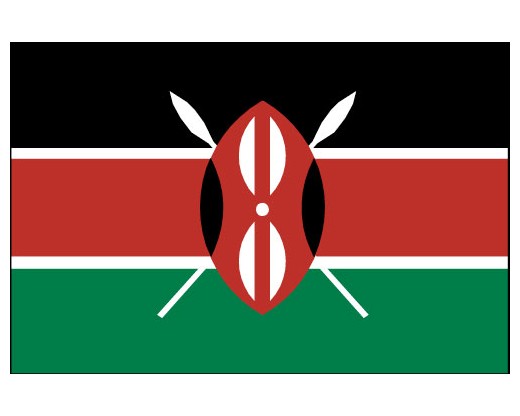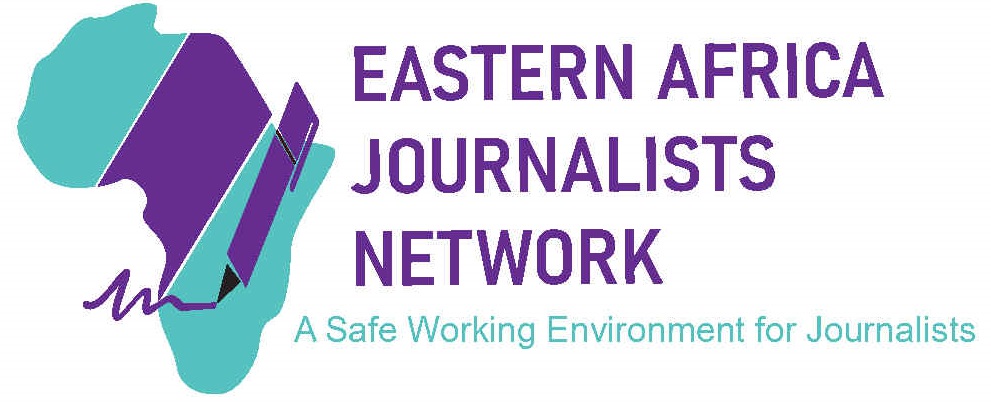Kenya
Kenya is the hub of Eastern Africa. It has a population of 53771,296.
Kenya is a signatory to most of the key international and regional human rights instruments. It has had leading roles in the United Nations. It currently is serving its third term as a non-permanent member of the UN Security Council. This term will end in 2022.
Kenya was one of the 14 African countries that supported the Human Rights Council resolution 33/2 that was unanimously adopted by the 47 member Human Rights Council on 29th September 2016 on the safety of journalists.
Kenya boasts of a very vibrant media and civil society. Albeit the pressures from the government, the mainstream legacy media has remained faithful to its call. They continue to produce critical reporting on government and a number of activists and civil society organizations use the judicial system to fight back against threats.
The vibrancy is also demonstrated by the existence of a very vibrant and functional Kenya Media Sector Working Group that brings together editors, journalists’ unions, civil society, media regulators and government to address media challenges. Similarly, a national safety mechanism has been created to respond to attacks to journalists.
However, journalists and human rights defenders remain vulnerable to restrictive laws and intimidation especially from state security agencies and powerful political actors.
Violence against journalists and impunity for these crimes remains one of the greatest challenges to media freedom in Kenya. This is because incidents of violence, threats and attacks against journalists are rarely subject of an impartial, prompt, thorough, and independent investigations and prosecution.
During the ensuing COVID-19 pandemic, attacks against journalists have increased sharply according to media freedom monitors. Media houses have also continuously suffered commercial pressure, negative political rhetoric and judicial intimidation for airing or publishing stories that are deemed critical of the government functionaries, private entities as well as political establishments.
While criminal defamation laws were declared unconstitutional by the courts a few years ago, the use of civil defamation laws by courts to award huge damages against media houses and journalists is a worrying trends in the country.
Global media freedom monitors rank Kenya’s media freedom as stagnated or deteriorating. For instance, in its 2021 Press Freedom Index, Reporters Without Borders ranked Kenya at position 102 out of 108 countries. This is one position up from 103 in 2020. Freedom House rates the country as partly free with a score of 48 out of 100. On the other hand, ARTICLE 19 in its Global Expression Report 2021 categorized Kenya as a less restricted country with a score of 61 out of 100. This means the country is not open but fares better than any other country within the East African Community.
-

EAJNet Calls on Governments to End Impunity for Crimes Against Journalists in the region
Eastern Africa Journalists Network (EAJNet) has called on the governments in the region to expeditiously investigate and bring to justice…
Read More » -

840 cases in Kenya
Global media freedom monitors rank Kenya’s media freedom as partly free. However, in its 2020 Press Freedom Index, Reporters Without…
Read More »
